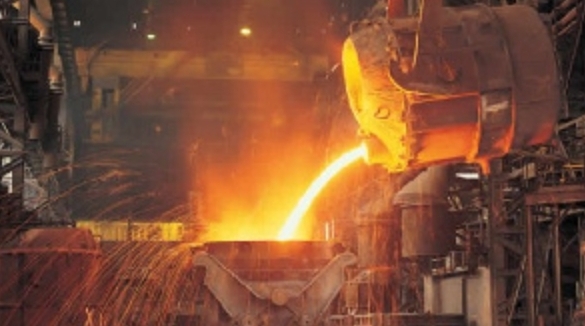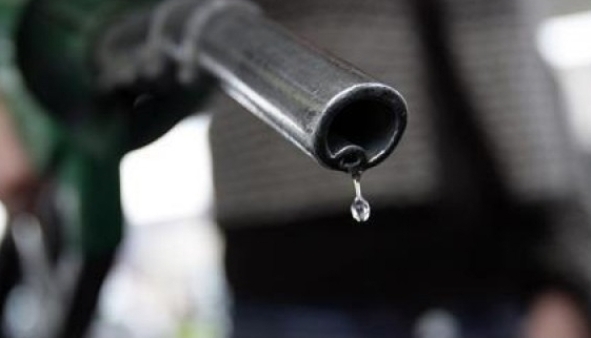At its 105th Monetary Policy Committee meeting this week, the Bank of Ghana said: “The Russia-Ukraine war is likely to impact negatively on Ghana’s external sector, particularly in the area of some key construction and agricultural commodities.”
The Governor of the central bank, Dr. Ernest Addison said: “In recent past, an average of about 2.5 percent of Ghana’s total non-oil imports have originated from Russia and Ukraine and around 0.4 percent of Ghana’s total exports are destined to Russia and Ukraine.”
The main import items from Russia are grains, wheat flour, and fertilizers.
In 2021, around 28.7 percent of Ghana’s grain imports came from Russia and for the first two months of 2022, grain imports from Russia accounted for 31.2 percent of the total grain imports, he added.
“And about 50.0 percent and 39.2 percent of flour and fertilizer imports respectively, were sourced from Russia in the first two months of this year,”
Dr. Addison intimidate.
“Ghana’s main exports to Russia are cocoa beans and products and they accounted for 0.2 percent of total cocoa exports,” he revealed.
These, he said, “have important implications for the supply and prices of these major items imported from Russia.”
Ghana’s major imports from Ukraine are iron ore and steel, Dr. Addison noted, “accounting for over 60 percent of the total iron ore and steel imports.”
“As a result of this fact, the construction industry will likely face some challenges in terms of supply disruptions and prices of steel and iron ore imports.”
With regard to exports, Dr. Addison said “manganese is the major item exported to Ukraine and for the first two months of this year, manganese shipment to Ukraine accounted for around 12 percent of the total manganese exports.”
“Over the past few years, manganese exports to Ukraine has accounted for over 20 percent of the total manganese exports.”






